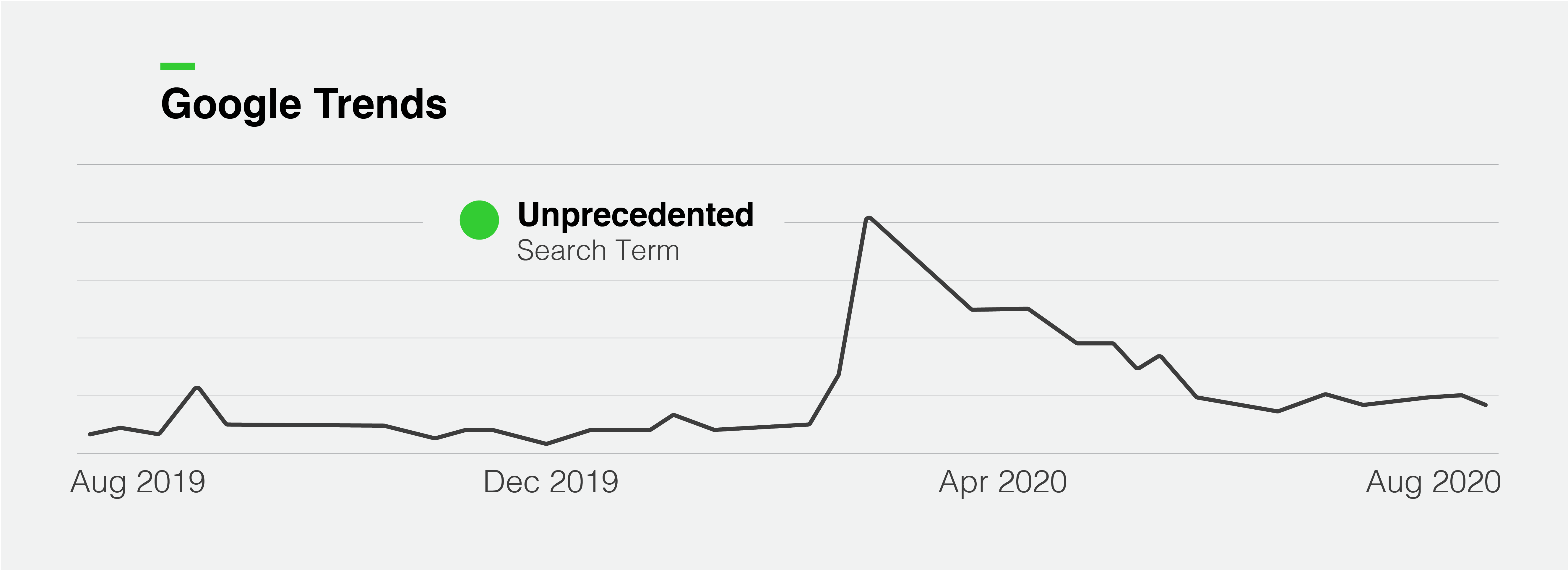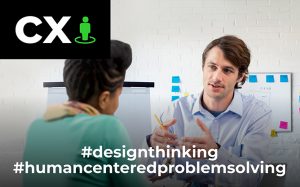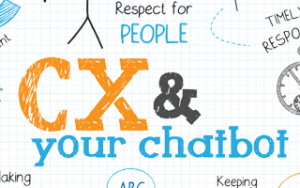
There is no shortage of quips and pundits espousing that things will never be the same.
We have seen the birth and death of more jargon over the past eight months than at any point in history.
Google search data for the word unprecedented was unprecedented, New Normal got old, social distancing is just plain social, telemedicine is simply medicine, and working from home – it is now simply called working. And Collins Dictionary recently named “lockdown” as the word of the year.

For many businesses – just like people – the dichotomy is that while we are hopeful that things will go back to the way they were, we are praying equally as hard that they never go back. And that real change is in the pandemic’s vapor trail.
Survival, change, and growth
Despite adorning the walls and screen savers of corporate innovation hubs, Darwin never said or wrote, “It is not the strongest of the species that survives, nor the most intelligent that survives. It is the one that is most adaptable to change.” It is even carved in one-foot-high letters in stone in the California Academy of Sciences – although the attribution to Darwin has been removed.
The source? An LSU professor of Management and Marketing named Leon C. Megginson in 1963. He was paraphrasing Darwin.

Hats off to Professor Megginson, because what we are experiencing is survival and growth, driven by adaptation to the signals that surround our businesses as well as the expectations and experiences of our customers and employees.
That notion that Things Will Never Be the Same is popular right now – as are people telling you all about what the future is going to be like and that you’d better get ready or get left behind.
But when you really don’t know what is going to happen and are frightened by the possibilities, the future is a really safe place in which to shelter in place. Or, as the iconoclastic advertising industry agitator Bob Hoffman says …

If the present is a dangerous place to be and we have little choice but to be there, perhaps assessing the dangers, taking stock of what may be putting us in harm’s way, and adapting to be safer and smarter is a pretty good plan.
We are seeing organizations adhere to Megginson’s warning and adapt to the present dangers for themselves and customers. Brands are taking stock of what is working now and how it will impact the decisions they will make about serving customers in the future.
Companies that are letting their customers know that they are not going to turn off their power, their mobile devices, their health insurance – as well as those companies letting employees know “we are doing all we can to not lay you off” – have listened, observed, understood, and acted.
“People will never forget how you made them feel.”
Maya Angelou actually did say,

It has always been true that the experiences we create are a competitive differentiator. 2020 has shed new light on just how crucial they have become. When we observe and listen to our customers and employees, we get to understand what will make them feel heard, appreciated, and cared for. That is a pretty comforting notion for the present we’re living in now – and valuable learnings for the future that we’ll experience together. How can BNO help evaluate your customer and employee experiences to maximize engagement? Let’s talk.
Special thanks to 3i Blog contributor Richard Swartz for framing this important topic and contributing insights



